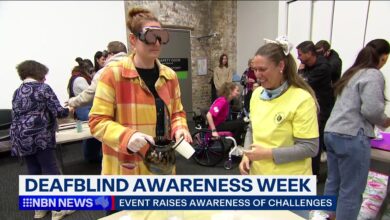REMOTE ACCESS DIGITAL SCAMS ON THE RISE

Police are urging the community to remain vigilant when downloading software online, after becoming aware of an increasing number of remote access scams.
Remote access scams allow third party access to an individual’s private computer through the use of legitimate software.
Police are aware that current remote access scams are being conducted through the use of a program called “TeamViewer” which is a legitimate software product that allows remote connectivity, desktop sharing, online meetings, web conferencing and file transfer between computers.
Scammers have been able to use the program to access people’s private or business computers, capturing banking and email passwords for their own personal gain.
Cybercrime Squad Commander, Detective Superintendent Matt Craft, urged the community to be aware of such online activity as everyone is vulnerable to scams.
“Many of these scams are quite sophisticated, but there is almost always a ‘tell’; we urge all individuals and businesses to ensure they remain vigilant when dealing with requests to vary account details or payment methods or to download software,” Det Supt Craft said.
“If you have doubts about the identity of any caller who claims to represent a business, organisation or government department, contact the body directly. Don’t rely on contact details provided by the person – find them through an independent source such as a phone book or online search,” he said.
Police have issued the following advice regarding remote access scams:
- If a person you don’t know and can’t identify requests you download TeamViewer or any other remote access tool, be suspicious and seek advice.
- Don’t allow people to remotely access your computer.
- Always be wary of unsolicited phone calls, legitimate businesses don’t just call customers and ask for confidential information.
- Don’t engage with the caller.
- Be alert and suspicious of unsolicited phone calls by persons requesting personal information.
What to do if you are aware of suspicious activity online:
- Report any potential scams to the NSW Police or Scam watch.
- Don’t let scammers press your buttons – scammers use detailed scripts to convince you that they’re the real deal and create a high-pressure situation to make a decision on the spot.
- Always keep your computer security up to date with anti-virus and anti-spyware software, and a good firewall. Only buy computer and anti-virus software from a reputable source.
- If you think your computer’s security has been compromised, use your security software to run a virus check. If you still have doubts, contact your anti-virus software provider or a computer specialist.
- If you think you have provided your account details to a scammer, contact your bank or financial institution immediately.




